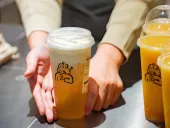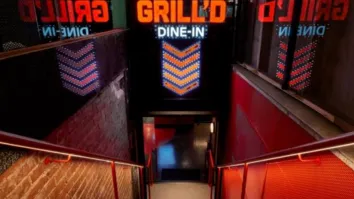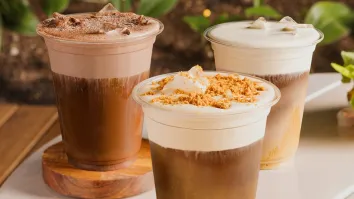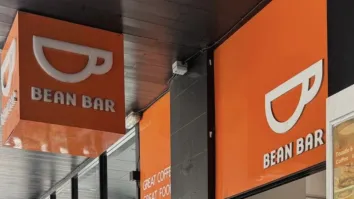Taking back control: what food and beverage providers can learn from the hotel industry
Fiona Southam, Sales Director of Food & Beverage ANZ at Oracle, advocates for a data-driven approach in fostering customer relationships.
Rapid technological development has made its mark on the hospitality industry. Big data, analytics and advanced customer relationship management (CRM) systems have provided both small independent and large international hotels with a range of tools to better understand and connect with a wider customer base than ever before.
At the same time, they’ve enabled online travel agencies (OTAs) – who already attract customers through choice, convenience and the promise of a better deal – to capture even more customer data and drive loyalty through personalisation.
Increasingly, these OTAs have evolved from being hotel partners who provide a platform to access a wider market, to competitors operating with lower overhead costs, higher marketing budgets and greater ownership of customer data. As a result, hoteliers have had to think creatively about how to capture the hearts and wallets of customers directly to build ongoing relationships – all while balancing their presence on OTAs.
Lessons to be learnt
In recent years, the food and beverage industry has started to experience a similar trend when it comes to the “frenemy” relationship hotels have with OTAs. Platforms such as UberEats, Menulog and Deliveroo have offered customers a single source of choice, competitive discounts and loyalty programs and above all, convenience. This has no doubt been well received by the market, as shown in Oracle’s recent Get Appy report, which found that almost 1 in 5 Australians use these types of food delivery mobile apps.
While these aggregators have provided independent Australian restaurants and cafes with the opportunity to reach more customers, this increased visibility comes at a trade-off as vendors have to forfeit up to 35 percent off each sale – decreasing their profit margin even further. Additionally, businesses are also sacrificing customer data and website and mobile traffic through these partnerships.
This has long lasting implications for a proportion of the industry – so much so that a number of restaurants and small food vendors have taken to social media to encourage their customers to avoid these platforms and order directly instead.
So what lessons can food and beverage providers learn from the hotel industry in order to take back control of their customer relationships and accurately capture customer data?
Meet the evolving customer expectation
Firstly, what must be acknowledged is that digital technologies’ transformative impact on the industry translates to the end consumer as well. Customer behaviours and needs have changed, and in order to continuously capture these insights, the food and beverage industry needs to have the flexibility to adjust business practices accordingly. Increasingly, the battle for the customer extends beyond the restaurant and can also be lost in the cloud if customer data isn’t clean, accurately captured or used to its full potential.
Customise the relationship
Today’s digital age has resulted in a strong focus on data-driven customisation. Contemporary customers are no longer looking just for a transactional relationship but also meaningful (yet simple) interactions that enrich their experience with the brand. This is a sentiment that transcends the industry, which is why businesses in every sector are all looking to connect with their customers through data insights.
Mobility is key
As consumers become increasingly time-poor, mobility is more important than ever. Whether it’s for bookings, reviews, or research, consumers expect to be able to access information in real time. Oracle’s Get Appy report found that almost half of Australians (49 percent) have used some form of hospitality app on their mobile phone to order food, book a table at a restaurant or make a hotel booking.
This highlights a strong area of potential for businesses to recapture their lost market by investing in a branded app which will enable them to better understand what their customers are doing and engage them accordingly.
Ultimately, the food and beverage industry need to capitalise on customer data as a valuable investment before it’s too late. While independent and smaller chains may never be able to compete with the marketing spend or loyalty programs of their aggregator counterparts, they should be driving customer interactions and loyalty through a personalised mobile app and a robust CRM system.
When looking to generate direct bookings, the balancing act is important to get right – a mix of good people and good systems. As the focus on customer data continues to grow, obtaining and collecting accurate data is more important than ever. Consider the likes of chatbots or online surveys to collect clean data sets which can be relied on for invaluable information on customer habits and preferences.
Additionally, point of sale (POS) technology solutions can enable smaller providers to deliver fast and efficient service, build tailored loyalty programs and offers, and keep costs under control with reporting and back-office solutions.
The reality is there is no escaping the digital transformation impacting the food and beverage industry, so it’s important to learn from peers across industries wherever possible. Learning from other successes and mistakes will allow businesses to own the relationship with their customers and evolve their offerings, ensuring they can remain competitive, relevant and future-proof.






















